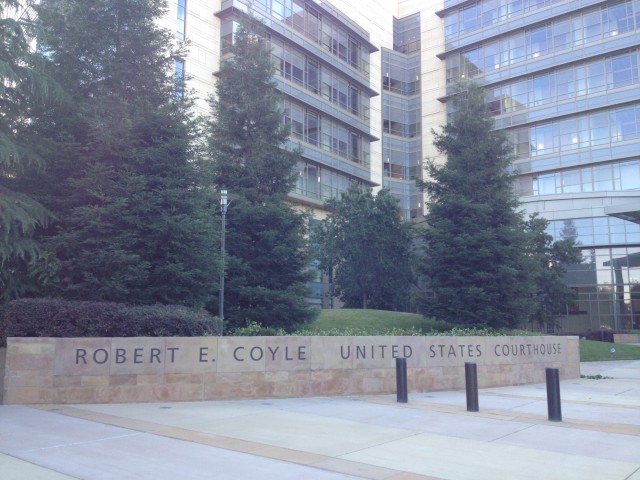
On Monday, a federal court in Central California sentenced a 26-year-old to one year and nine months in prison for firing two different laser pointers at a Kern County Sheriff’s Office helicopter over a six month period in 2013.
The man, Brett Lee Scott of Buttonwillow, took a plea deal with federal prosecutors according to a May 5, 2014 court filing. Scott explained his actions by saying that he was “bored.”
It may seem like a silly thing, but laser strikes against planes, helicopters, and other aerial vehicles have become an increasing epidemic nationwide. Since the FBI began keeping track in 2005, there have been more than 17,000 laser strikes—one-fifth (3,960) in 2013 alone. During the first three months of 2014, the FBI reported an average of 9.5 incidents daily.
While no serious injuries or deaths have occurred, pilots say that being struck by a laser can be a terrifying experience that may cause temporary blindness.The same prosecutors in the Eastern District of California got a sentence of 14 years earlier this year in another laser case, believed to be the harshest such sentence for a laser strike case anywhere in the nation and perhaps the world.
The Scott case marks the ninth such sentence coming from the Eastern District of California centered in Fresno County since 2007. Combined with an additional 20 state convictions from this region, this federal district alone constitutes approximately 35 percent of the only 80 total laser strike convictions nationwide—state and federal—since the FBI began keeping track a decade ago.
“This is a truly senseless crime—and a very serious one,” said Benjamin Wagner, the United States Attorney for the Eastern District of California. “Defendants like Mr. Scott, who thoughtlessly point lasers at an aircraft for their short-sighted amusement, put lives at risk and create the very real possibility that a needless tragedy will occur. My office will continue to prosecute these cases vigorously and will work with the FBI and our local law enforcement partners to send the message that this behavior will not be tolerated.”
In June 2014, the FBI expanded its new $10,000 reward program to the entire United States, including Guam and Puerto Rico. Anyone providing the FBI with information that leads to the arrest of someone who perpetrates a laser strike could receive thousands of dollars.
reader comments
157